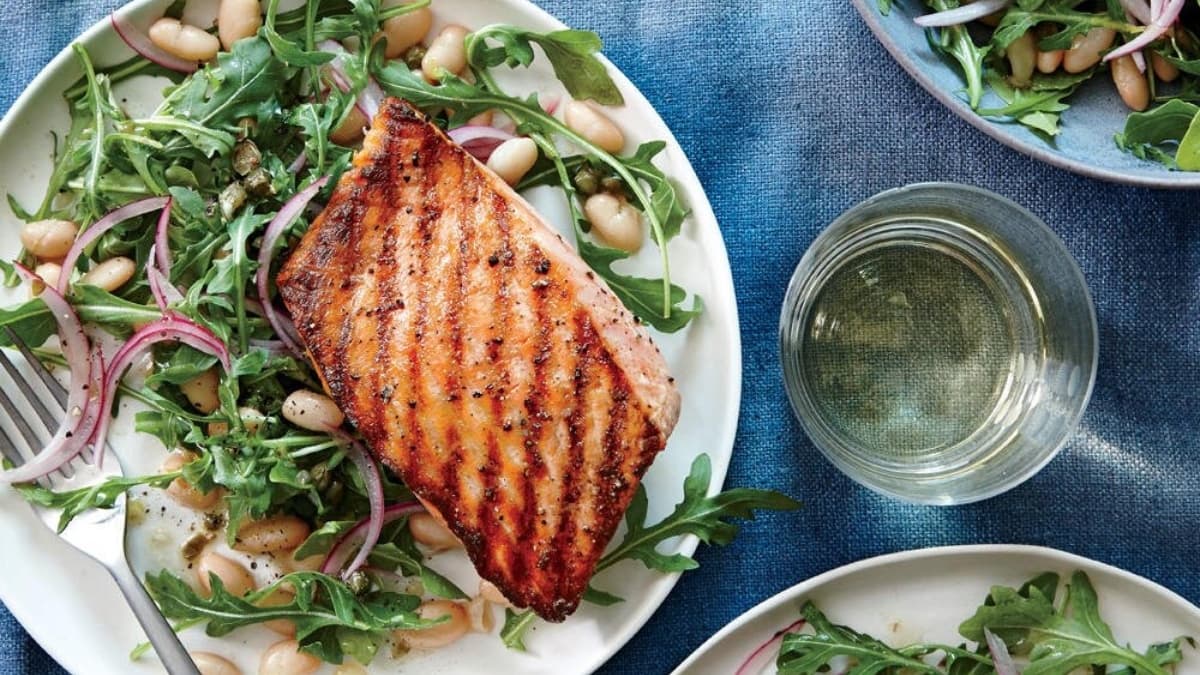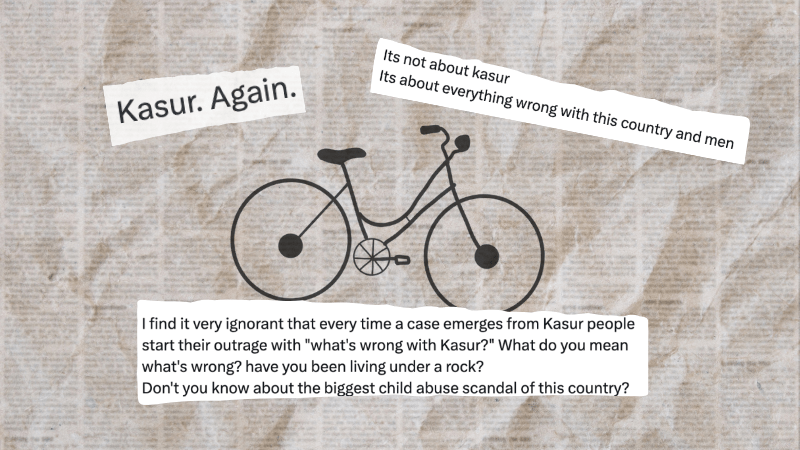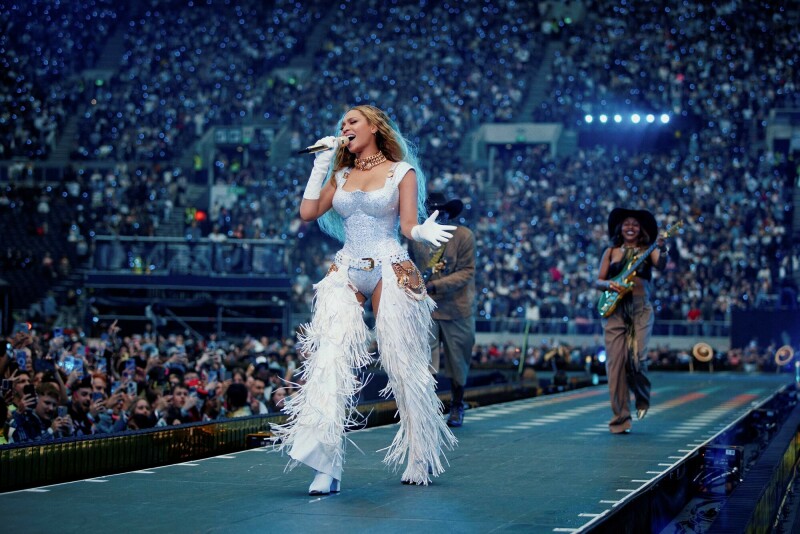'Sugar is not the villain' — and other nutrition myths debunked
If your fitness trainer tells you to stay away from your favourite foods, then you need to find yourself a new one.
Nutrition is one of the most butchered aspects of health and fitness primarily due to misinformation being distributed by movement coaches with little to outdated knowledge on the topic.
One way to keep yourself informed is to question and research the information that is passed on to you, for your own sake and for the sake of others if you too decide to pass it on. This should come as a no-brainer because science is ever-evolving and studies become dated due to which they are often proven inaccurate and/or flawed.
This is precisely why I got in touch with Sameet Alam Khan, a PN1 Nutrition Coach, and Nazish Chagla, an Integrative Nutrition Health Coach, to shed light on the most common nutrition myths they've heard.
Myth: Sugar is addictive/bad for you
Sameet: Sugar is not addictive, if it were, we would see people eating sugar straight out of the jar.
When people say you shouldn't eat foods high in sugar, they're ill-informed because sugary foods like donuts, milkshakes, chocolates are high in sugar but they are also high in fat and salt. This combination makes them hyperpalatable, i.e. tasty.

Hyperpalatable foods are engineered to cause us to crave them; they impact our brain and taste buds — that's why we tend to lose control around these foods and overconsume them. It is the overconsumption of calories [from these foods] which causes weight gain and certain health markers, etc — it's not due to sugar alone.
However, sugar does not have any necessary nutrients and most of our diet should not include it. Having said that, as long as most of our diet is filled with protein sources, whole foods, sufficient fibre, minerals as well as vitamins, then consuming some sugar allows us to enjoy foods and be flexible with our diet.
Sugar itself is not harmful but in the long run it can lead to overconsumption and that can have negative side effects.
Myth: You have to eat clean all the time to be healthy

Nazish: Eating a variety of nutritionally dense foods is key as they keep you satiated and you can indulge in everything else once in a while as long as you can find your body's own unique balance.
Myth: Food is either good or bad and the latter should be avoided
Sameet: Our relationship with food has become distorted — we see food in binaries: 1) good food, high in nutritional value and perhaps low in calories, and 2) bad food, which may be tasty but is comparatively higher in calories and lower in nutritional value.
We try to avoid the 'bad' foods because [for most of us] they are associated with guilt, but because they taste good we eventually end up eating them, which then leads to feelings of shame and regret. This pattern of restriction sets off a cycle of "eating clean" contributing towards bingeing — messing up our relationship with food. Food isn't good or bad, it only varies in nutritional content and does not come with a moral compass.
Myth: Starving will help you lose weight
Nazish: This one really kills me! So many of my clients just aren't eating enough! Starving the body sends our metabolism into storage mode, and there's only one form in which our bodies can do that; converting food into fat! Eventually, consuming too few calories backfires, big time!
Myth: You should not eat carbs after a certain timeframe or eat food late at night

Sameet: Our digestive system does not work based on time, it will digest food irrespective of when we consume it. Likewise, calories in foods do not change depending on the time they are consumed.
This myth comes from the idea that people usually binge when they come home from work at night, especially while watching TV, eating mindlessly and consequently over-consuming. The logic is that by restricting during those times, one can cut back on food intake, therefore reducing the number of calories consumed which may then result in weight loss.
But we know now that it's the number of calories that matter not the time of day/night. If you are aware of the calories consumed and you are making mindful choices you can have food at any time you want and still achieve your goals.
Myth: Women's hormones don't matter unless they're planning to get married one day and want to have kids.
Nazish: Women's hormones and the balance between them is very sensitive, even the slightest disruption can send an entire cycle off, and I don't mean just the sex hormone. Many other hormone cycles/cascades are linked to them.
So any fluctuations can offer unique insight into many areas of dysfunction in the body that aren't directly related to reproduction, such as diabetes and heart disease to name a few.
Myth: Artificial sweeteners are not safe, they lead to cancer
Sameet: Current research on artificial sweeteners being done on humans show that they do not cause cancer, they do not cause weight gain; in fact, they can help curb cravings and may help in weight loss.
Artificial sweeteners got a bad reputation due to studies 5 years ago which linked them to cancer and weight gain — this is when the myth about regular soft drinks being better than diet soft drinks came about.
But the research was fairly inconclusive and was done on rats. Our metabolism is (obviously) different from rats when it comes to the digestion of sugar.
The bottom line being, if you're aiming to achieve a fitness goal you want to be mindful and smart about your food choices.
Like Sameet said, as long as majority of your intake includes nutritious foods you can fit all kinds of foods in your diet; approaching food with flexibility rather than restriction will serve you well in the long run without yo-yoing in and out of your diet plan.
All content within this article is provided for general information only, and should not be treated as a substitute for the medical advice of your own doctor or any other health care professional. Always consult your own GP if you're in any way concerned about your health.
The views and opinions expressed in this article do not necessarily reflect those of the author's.
The writer is a certified Pilates Instructor. You can follow her account here.













Comments